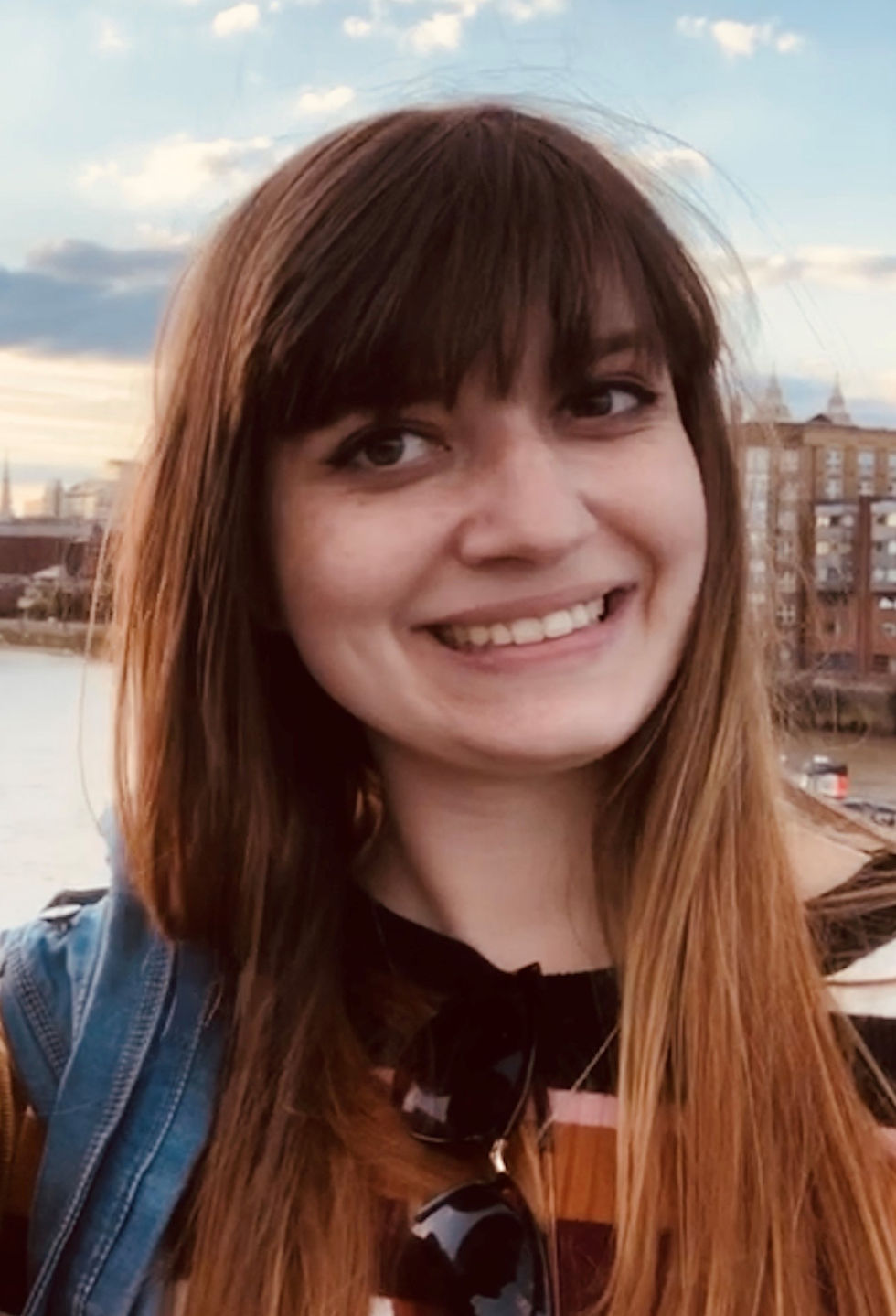Coming to my Senses
- Sep 3, 2020
- 4 min read
Updated: Jun 30, 2021
Understanding and Appreciating My Own Superpower.

Somewhere within the last few years, the world stopped making sense. No longer did I wake up, irritated, by birds singing loudly outside my window, nor did I still enjoy chatting in a car with the radio on blast. It would take years to discover, but somewhere along the line I had forgotten the sound of echoing empty buildings, of ticking clocks, of distant flashes of thunder.
It was a gradual process. I didn’t notice I was changing until the transformation was complete. At some point, I had started watching movies with subtitles on, telling myself it was so that I didn’t miss any of the dialogue. I hadn’t realized that, when people chatted to me, I had to consciously focus on what they were saying or else they seemed to speak gibberish. At some point, I began unconsciously reading the shapes people’s mouths made when they spoke. My mind was secretly working to supplement the lack of sound.
Perhaps, in the back of my mind, I understood what was happening. At least, I probably should have. My mother and her family – my aunt and my grandmother – all have varying levels of hearing loss. Growing up, it was an accepted practice to only speak to my mum in the morning after she put in her hearing aids, and I learned to softly repeat things to her that a waiter had said too quickly. Never did I think that my mum was lacking or defined by her hearing disability. It was just another characteristic that she had, like having brown eyes or small hands. And just as I had inherited those, it was only logical that I, too, would be hard of hearing.
“ Never did I think that my mum was lacking or defined by her hearing disability. It was just another characteristic that she had.”
However, it is one thing to logically understand that something may happen to you, and quite another to accept it. It wasn’t until last August that it was confirmed, without a doubt, that I was hard of hearing. My mum’s audiologist showed me a chart displaying the frequencies a normal person can hear. On my own chart, it looked as though someone had taken a big bite out of the centre.
By the time I got the official diagnosis, the world had grown so nonsensical that I did not doubt the truth. I wish I could say that this softened the blow, but it didn’t. I put on a brave exterior and focused on solutions: which type of hearing aids would be best, and when could I get them? But underneath, I was horrified. After all, everything I knew about myself had changed – hadn’t it? Who was I now that my identity included ‘hard of hearing’? Now that I knew my body had weaknesses that no one else had (or so I thought)? I was worried that the world would treat me differently. How could I realize all my ambitions, if I couldn’t even get through a single conversation without aids?
But the truth was that I hadn’t changed the day I got my diagnosis. I had been changing – adapting – long before then. And not necessarily for the worse; in fact, perhaps the opposite.
I will never forget the day I put in hearing aids for the first time and rediscovered the way the world sounds. It was surprising, exhilarating, and beautiful, and I know that I will never again take sound for granted. I also discovered I had new abilities – I could lipread my friends from across the room, and a setting on my hearing aids allowed me to hear my university lecturers directly in my ear, as if I was an actual fly on their shoulder. My experience was different to other people’s, sure, but it was uniquely my own.
Although I did have to learn to ask for help (which admittedly is still difficult to do), it didn’t alienate those close to me like I thought it would. Instead, it brought me closer to my family, as we bonded over our shared experiences, and to my friends, who learned as I did what it meant to be hard of hearing. Now, we are all more cognizant of the importance of accessibility. This has also introduced me to an entirely new, accepting, and diverse group: the Deaf and Hard of Hearing community. Just as the LGBTQIA+ community has given me space to unapologetically be myself, the DHOH community understands the distinct challenges that I face daily. I thought that my disability singled me out, and that I would be forced to suffer in solitude, but the truth is that there are more people out there who understand me than I could have ever dreamed.
“ The truth is that there are more people out there who understand me than I could have ever dreamed."
When I got diagnosed, I was convinced that having a disability meant that I was a broken, weak, powerless version of myself. But I couldn’t have been more wrong. Although I still struggle each day to understand people, and although I must deal with people who themselves don’t understand, I no longer blame myself for the way I am. Instead, I’ve learned to be grateful for what I have. I am beyond lucky to have had people in my life who have supported me every step of the way, and I am so happy to have found a community that understands what I go through each day. The journey to self-acceptance hasn’t been an easy one, but it has been a strengthening one. I no longer wish I could go back to who I was before I became hearing impaired. I am different now, and I am better for it.

Article Written by Kendal LeFlore
(She/Her)




Comments